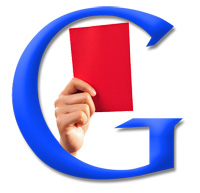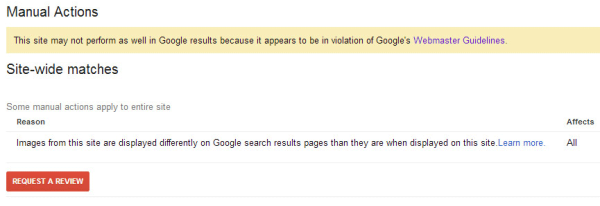Google's head of search spam, Matt Cutts, publicly outed onTwitter another link network that Google has penalized. Matt Cutts' new trend is the share a link from the marketing material of the link network and then add a word or two to say the opposite, that Google caught you.
This came a week, literally a week, after Google outed Anglo Rank.
In fact, Matt joked on Twitter that Google "should start taking requests for which link networks to tackle next."
Meanwhile, the folks at Black Hat World are not happy for a few reasons. One said, "It's crazy how he can get away with ruining businesses. It's not like spamming the internet's illegal and Google doesn't own the internet." Well, it is spamming Google and I guess Google has the right to fight back?
That being said, guys - stop buying links unless you want to play the crash and burn game.
I received an email from someone who got one of these link penalties but swore they never paid for links. They did and found out their SEO company did for them.
Be careful and don't mess your 10 year old web site up with these schemes.















